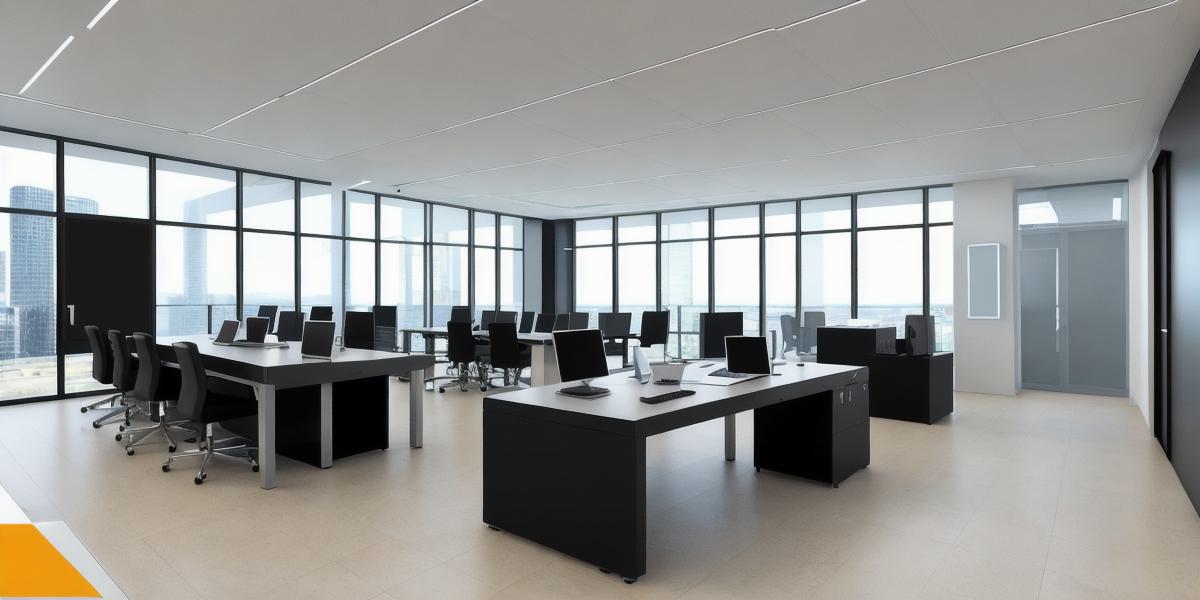A Virtual Data Room (VDR) is a secure, web-based platform designed for the efficient and secure sharing of sensitive documents with authorized parties. VDRs have gained significant popularity among businesses due to their numerous benefits. Here are some key features of a VDR and how they can positively impact your business.
1. Secure Document Sharing:
VDRs employ advanced encryption techniques, access controls, and two-factor authentication to ensure the highest level of data security. By using a VDR, you can confidently share sensitive documents with third parties without compromising confidentiality.
2. Flexible Access:
With a VDR, you can grant access to specific folders or individual files to authorized users. You can also control their permissions and revoke access at any time. This flexibility makes it easier for your business to collaborate with external parties without putting sensitive data at risk.
3. Real-Time Analytics:
VDRs provide real-time analytics, allowing you to monitor user activity within the platform. You can see who has accessed the documents and when, making it easier to track progress and maintain accountability.
4. Customizable Workspaces:
VDRs offer customizable workspaces tailored to your business needs. You can create different rooms for various projects or transactions, each with unique access levels and document structures. This organization helps streamline your processes and keeps your data well-structured.

5. Seamless Integration:
VDRs integrate seamlessly with other tools such as CRM systems, email platforms, and e-signature solutions. This integration saves time by allowing you to manage multiple applications in one place and ensuring a smooth workflow.
**Benefits for Your Business:**
Using a VDR offers numerous benefits for your business:
Improved security: By using a secure platform like a VDR, you can reduce the risk of data breaches and unauthorized access to sensitive documents.
Enhanced collaboration: A VDR makes it easier to share information with external parties while maintaining control and visibility over document access.
Increased efficiency: With features like real-time analytics and customizable workspaces, a VDR can help streamline your business processes and improve overall productivity.
Better compliance: VDRs help ensure regulatory compliance by providing advanced security measures, audit trails, and customizable permissions.
Example: Let’s consider an example of a law firm using a VDR for mergers and acquisitions (M&A) transactions. The firm can create a dedicated virtual data room for each transaction, invite relevant parties, set access levels, and monitor user activity. By utilizing a VDR, the firm ensures that sensitive documents are securely shared, collaboration is efficient, and compliance requirements are met.
